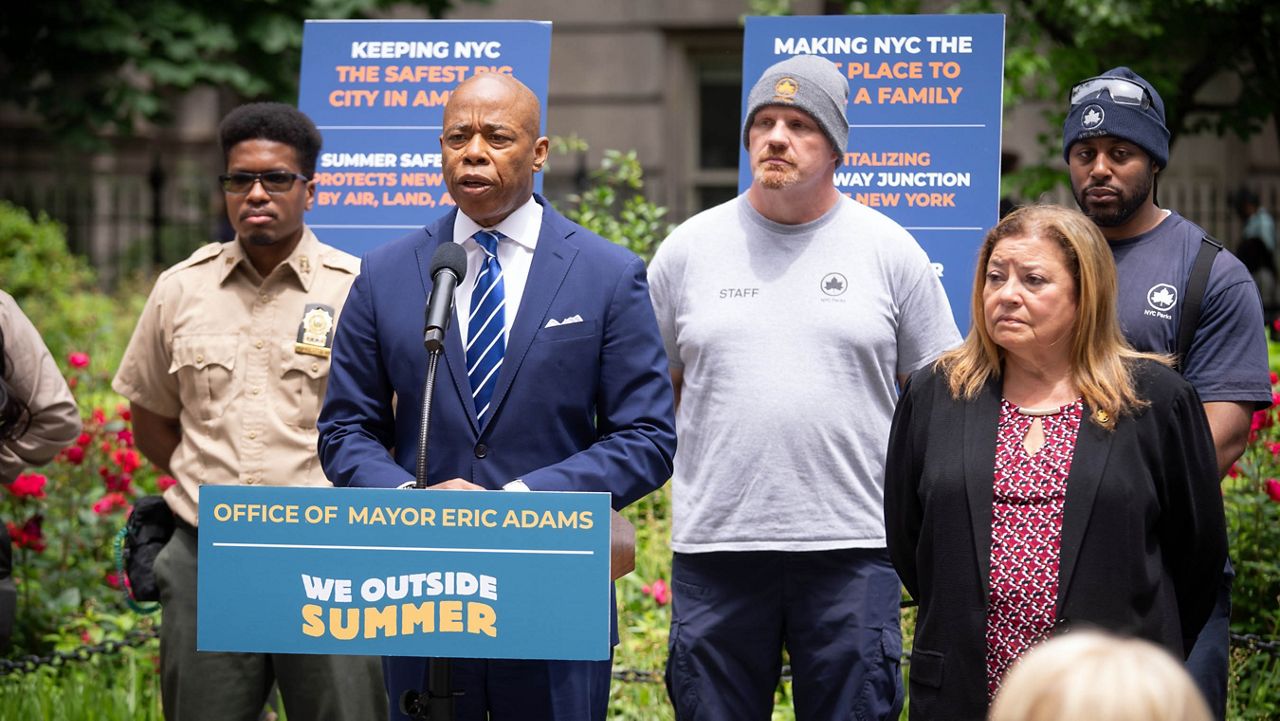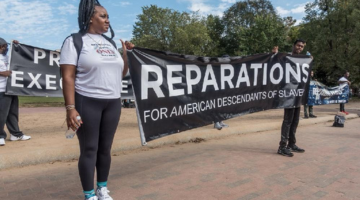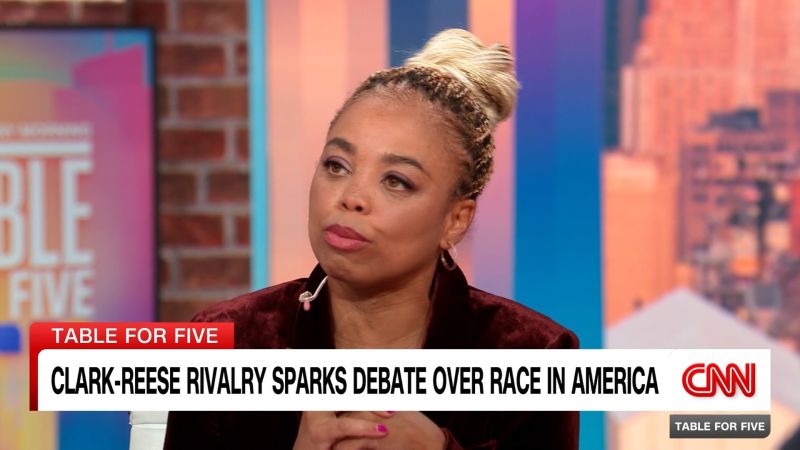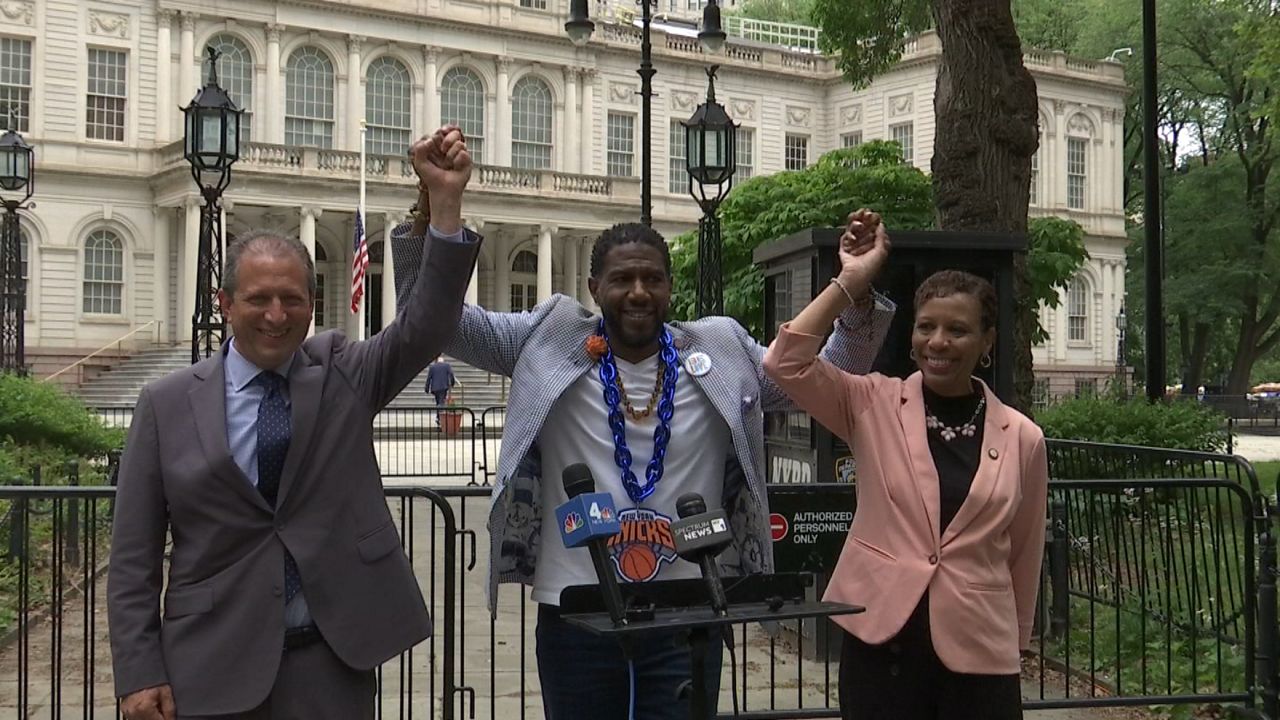- TECHSWU
- Posts
- TECHSWU
TECHSWU


In a poignant exploration, The New York Times sheds light on the alarming surge in homelessness among late baby boomers, driven by a convergence of economic challenges and personal loss. As these individuals, like Anthony Forrest, face the harsh reality of aging without the cushion of parental support, many find themselves thrust into the streets after the death of their elderly parents.
With skyrocketing rents and shrinking housing assistance, the loss of parental assistance has left many vulnerable. Forrest’s journey from a struggling man with health issues to a long-term homeless individual highlights a broader trend: in just four years, the homeless population over 65 has surged by 50%, surpassing 70,000.
This generational struggle is marked by deep economic inequalities, emphasizing the heartbreaking reality of those left behind in the wake of their parents’ passing.

Gif by charlos_ on Giphy

In a provocative opinion piece, Mike Rosen argues that multiculturalism threatens to unravel the very fabric of American society. He likens this movement to a stealthy cancer, masquerading as a path to unity, while actually fostering divisiveness through identity politics and a rejection of assimilation.
Rosen criticizes public education and higher learning institutions for prioritizing ethnic studies over core subjects, asserting that this shift is part of a broader agenda championed by radical leftist ideologues. He contends that true national harmony can only be achieved through a melting pot approach, where diverse cultures blend into a cohesive American identity, rather than a “salad bowl” of isolated groups.
Citing examples from around the globe, he warns against unrestrained immigration and advocates for stronger assimilation policies, emphasizing the need to preserve the unique American way of life over a fragmented social landscape.

The US Marine Corps has introduced a controversial new policy that could lead to the discharge of service members suffering from razor bumps, or pseudofolliculitis barbae (PFB). Critics argue this policy disproportionately targets Black men, who make up a significant portion of those affected by this skin condition.
Though shaving waivers had been in place since the 1970s, recent guidance mandates that Marines diagnosed with PFB undergo evaluation and may face discharge if their condition doesn't improve within a year. This decision, praised by some as a push for readiness, has sparked outrage among those who see it as racially discriminatory and detrimental to diversity efforts.
With Black service members representing only 15-16% of the military but holding 66% of the shaving waivers, the implications of this policy highlight broader concerns regarding equity and inclusion in the armed forces.

New York City is embarking on an exciting initiative to transform vacant and abandoned lots into vibrant parks and green spaces! Mayor Eric Adams, alongside Parks and Recreation Commissioner Sue Donoghue, announced this ambitious plan, aiming to bring more parks within walking distance for New Yorkers. With a budget of $30 million and a track record of adding over 86 acres of parkland since Adams took office, the city is close to reaching its goal of having 85% of residents living near a park by 2030.
Identified sites will undergo a streamlined review process to expedite their transformation into community spaces. This innovative approach reflects a commitment to improving access to nature in underserved neighborhoods.

In a surprising political move, Maryland Governor Wes Moore recently vetoed a bill aimed at studying reparations for descendants of enslaved Africans. This decision aligns him with a long history of Black Democrats prioritizing white voter approval over the interests of their own base.
As he sets his sights on a potential 2028 presidential run, Moore's veto has sparked anger among Black voters, who see it as a betrayal. Critics argue that his justification—that the state needs immediate action rather than more studies—is disingenuous, especially given past proposals for reparations he dismissed as politically unviable.
Social media reactions highlight a stark racial divide, with many white commenters praising Moore while African Americans express deep disappointment. This situation reflects a broader trend of politicians attempting to curry favor with white voters, often at the expense of their most loyal supporters, echoing strategies used by figures like Hillary Clinton and Kamala Harris.

In a recent Navigator Research poll, a significant majority of Americans disapprove of President Trump's management of the presidency and the economy. Approval ratings reveal that just 44% back his presidency, while a mere 42% approve of his economic policies.
Notably, independents show even greater discontent, with only 33% approving of his presidency and 31% of his economic decisions. Gender disparities also emerge; Trump's economic handling is viewed negatively by women, who express more concern over financial issues compared to men.
With three-quarters of the public hearing negative news about Trump—often regarding tariffs and international relations—concerns about homelessness, food safety, and healthcare funding are top of mind for voters. Overall, the poll indicates a growing unease with Trump's policies, particularly regarding rising costs and job losses among government workers, suggesting a need for a reevaluation of his strategies as the 2026 elections approach.

As the WNBA season kicks off, the rivalry between Caitlin Clark and Angel Reese is igniting fervent discussions across the nation. This fierce matchup extends beyond the basketball court, becoming a focal point for conversations about race and representation in the sport.
With the media buzzing, former ESPN analyst Jemele Hill provides a thought-provoking perspective on the implications of this rivalry. As fans eagerly anticipate their next showdown, the narrative surrounding Clark and Reese invites a deeper examination of societal dynamics within the world of sports.
This rivalry isn't just about who scores more points; it reflects broader themes of identity and inequality, making it a pivotal moment in sports history. As both players continue to shine, the conversation around race and competition is likely to resonate far beyond the game itself.

Public Advocate Jumaane Williams is shaking up New York City’s mayoral race as he endorses both City Comptroller Brad Lander and City Council Speaker Adrienne Adams in a strategic move against frontrunner Andrew Cuomo. With the primary election just weeks away, Williams aims to rally support through ranked-choice voting, highlighting the candidates' dedication to restoring affordability and community safety in the city.
“They’ve been doing the work, on the ground, they are what New York needs!” Williams declared. Lander and Adams echoed his sentiments, emphasizing their connection to daily New Yorkers.
Meanwhile, Cuomo, leading in the polls, faces criticism from challengers who are urging voters to “DREAM” — an acronym advocating against ranking him in the voting process.